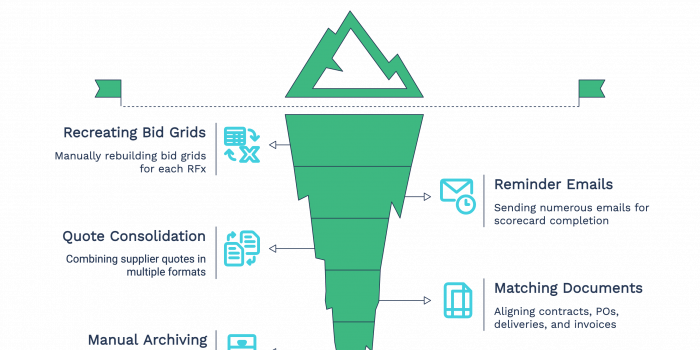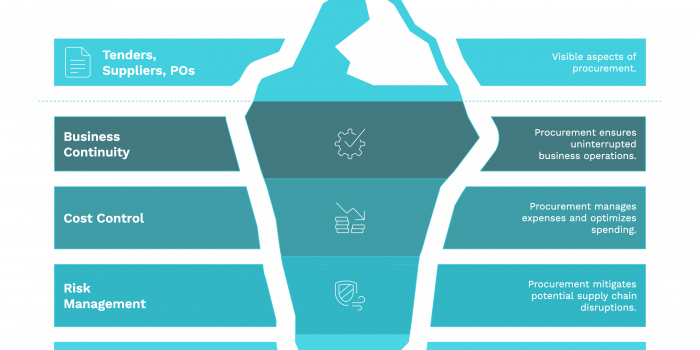What it takes to bid for government tenders in Kenya
The first question you need to ask yourself before starting to bid for government tenders in Kenya is, “Am I legally eligible to bid for tenders?”

Business around the world is conducted through procurement, the act of formally obtaining goods or services. Public & private-sector procurement together account for a very sizable percentage of the global economic output, with Governments alone spending $9.5 trillion each year procuring goods. In Kenya, the ability to bid for government tenders has been the preserve of established businesses who have for years benefited from the billions of shillings that the Government spends procuring goods and services.
To encourage SMEs to participate in Public Procurement, the Kenya Government in 2013 sought to make it both attractive and accommodating for SMEs to do business with public entities by setting aside 30% of all Government procurement specifically for the Youth, Women and Persons with Disabilities under the AGPO program.
We believe that having a good understanding of the tendering process will give more SMEs an edge when it comes to responding to tender opportunities. The first thing before seeking to understand specific tendering requirements and procedures is to ensure that you are eligible to apply for tenders.
Eligibility Criteria As Defined By The Procurement Laws
This is what the law says, according to the Public Procurement and Asset Disposal Act, Revised Edition 2016:
A person is eligible to bid for a government contract or an asset being disposed, only if the person satisfies the following criteria:
- the person has the legal capacity to enter into a contract for procurement or asset disposal;
- the person is not insolvent, in receivership, bankrupt or in the process of being wound up;
- the person, if a member of a regulated profession, has satisfied all the professional requirements;
- the procuring entity is not precluded from entering into the contract with the person under Section 38 of the Public Procurement and Asset Disposal Act;
- the person and his or her sub-contractor, if any, is not debarred from participating in procurement proceedings under Part IV of the Act;
- the person has fulfilled tax obligations;
- the person has not been convicted of corrupt or fraudulent practices; and
- is not guilty of any serious violation of fair employment laws and practices.
A person or consortium shall be considered ineligible to bid, where in case of a corporation, private company, partnership or other body, the person or consortium, their spouse, child or sub-contractor has substantial or controlling interest and is found to be in contravention of the provisions below:
- the person and his or her sub-contractor, if any, is not debarred from participating in procurement proceedings under Part IV of the Act;
- the person has fulfilled tax obligations;
- the person has not been convicted of corrupt or fraudulent practices; and
- is not guilty of any serious violation of fair employment laws and practices.
Despite the provisions of the above, a person or other body having a substantial or controlling interest shall be eligible to bid where:
- such person has declared any conflict of interest; and
- performance and price competition for that good, work or service is not available or can only be sourced from that person or consortium.
Additionally, a state organ or public entity shall require a person to provide evidence or information to establish that the criteria listed above in the first paragraph are satisfied.
State organ or public entity shall consider as ineligible a person for submitting false, inaccurate or incomplete information about his or her qualifications.
Eligibility to Bid for Government Tenders Under Specific Categories
Additionally, the Government procures for goods and services and four main categories, namely; Goods, Works, Consultancy Services and Non-Consultancy Services. This introduces an additional set of requirements that vary depending on the category under which the tender is being floated and will be specified as such.
Some of the additional category-specific eligibility requirements include but are not limited to:
- Registration with the National Construction Authority (NCA) under the relevant classification in which they operate; for tenders such as building/road construction under Works category.
- Registration with the Energy Regulatory Commission under specific Works category classifications such as Electrical Installation.
- Valid membership in professional associations/bodies that registered and certified service providers such as the Marketing Society of Kenya, Public Relations Society of Kenya, Law Society of Kenya, International Air Transport Association (IATA) and among others.
- Valid Letter of Authorization (from the Manufacturer) of the goods that you want to supply.
- Valid Business Permit from the relevant county government(s) where the business is located.
The above summary only provides a very high level view of the main requirements that are important for any business that wants to do any work with or bid for government tenders in Kenya. The PPRA provides a highly detailed breakdown through the Act and the 2020 Regulations that operationalize the Act.
For full details on Kenya’s procurement policy and regulations, download the read the following legal documents as provided by the PPRA:
- The Public Procurement and Asset Disposal Regulations 2020
- Public Procurement and Asset Disposal Act Revised Edition 2016








